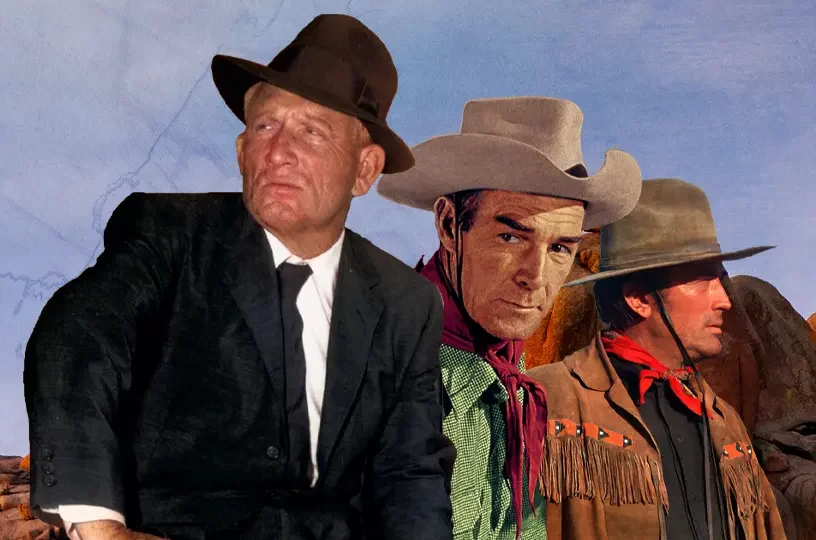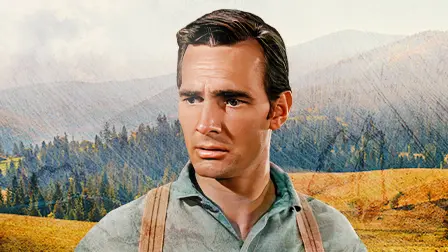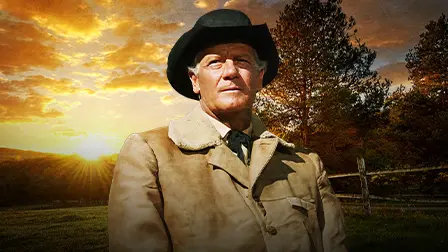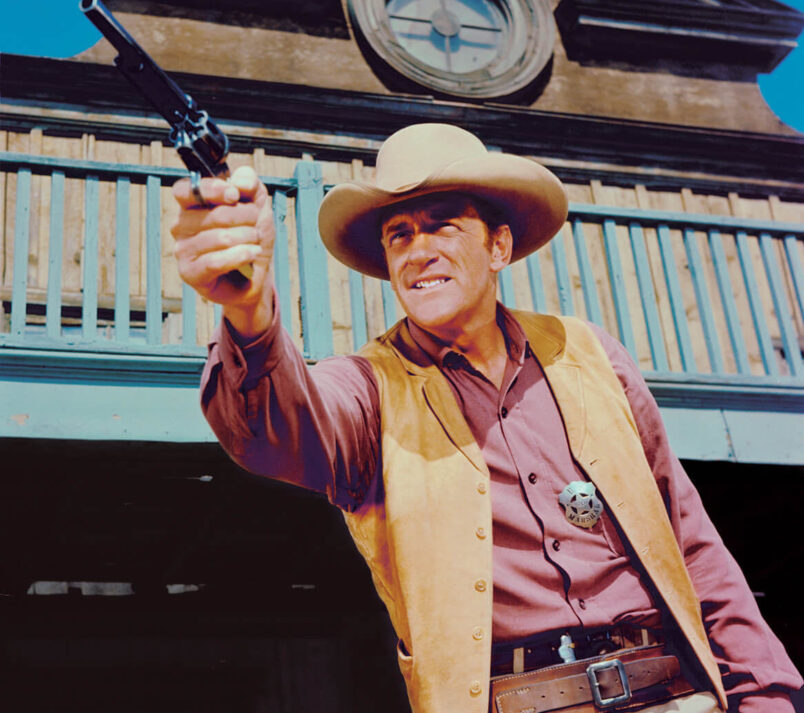By Reagan Johnson
Bass Reeves is one of the most remarkable figures of the American West, blazing a trail of justice and breaking barriers that changed the fate of the frontier. Born into slavery in 1838 in Arkansas, Reeves’ journey to becoming the first Black Deputy U.S. Marshal west of the Mississippi is a story of courage and perseverance. His legacy has inspired generations and continues to resonate today.
From Enslavement to Freedom
Reeves was born into bondage but gained his freedom following the Emancipation Proclamation of 1863, issued during the Civil War. Escaping from his enslavers, William Steele Reeves and his son, George Reeves, Bass fled to the Indian Territory (modern-day Oklahoma), where he found refuge and lived among Native American tribes such as the Cherokee, Creek, and Seminole people, learning their languages and customs. This period of cultural immersion would later prove invaluable in his career as a lawman.
After the Civil War, Bass Reeves returned to Arkansas and Texas, where he worked as a farmer and family man. In 1875, Judge Isaac Parker, known as the “Hanging Judge,” appointed him as a Deputy U.S. Marshal for the Western District of Arkansas. Reeves was tasked with bringing law and order to the sprawling and often lawless Indian Territory. It was an outsized responsibility for one person, but one that he carried out with great distinction for over 30 years.
As a Deputy Marshal, Reeves’ jurisdiction covered over 75,000 square miles. Over this sprawling terrain, he became known for his steadfast dedication to justice. He is credited with arresting over 3,000 criminals during his career—a remarkable feat that speaks to his skill, bravery, and overall resourcefulness.
Remarkably, despite the many dangers of his job, Reeves was never wounded in the line of duty.
A Trailblazer in Law Enforcement
Reeves defied the prejudices of his era, earning the respect of his peers. His reputation for fairness set him apart, making him a revered figure in the communities he served.
One of Reeves’ most famous cases involved the pursuit and capture of his own son, Benjamin “Bennie” Reeves, who was wanted for murder. Demonstrating his commitment to the law above all else, Bass brought his son to justice, illustrating the depth of his moral conviction.
Legacy and Cultural Impact
Bass Reeves’ story has gained renewed attention in recent years, with historians and filmmakers beginning to recognize his contributions to the Old West. His life has inspired numerous books, documentaries, and even fictional characters. Some scholars suggest that Reeves’ career may have influenced the creation of the iconic Lone Ranger, given his extraordinary exploits and the respect he commanded in the territories he patrolled.
At INSP, we celebrate Reeves’ legacy through shows like Wild West Chronicles, highlighting the true stories of trailblazing figures from the Old West, including Bass Reeves. Episodes such as “Bass Reeves: Trailblazing Lawman” bring his story to life, showcasing his resilience and determination to uphold justice in a turbulent era.
Why Bass Reeves Matters Today
Reeves’ legacy extends beyond his remarkable career as a lawman. He represents the untold stories of African American pioneers who shaped the West and contributed to the patchwork of American history. His story reminds us of the importance of perseverance, integrity, and justice—values that continue to resonate today.
Suggest a Correction
We strive for accuracy and fairness. But if you see something that doesn’t look right, click here to contact us!

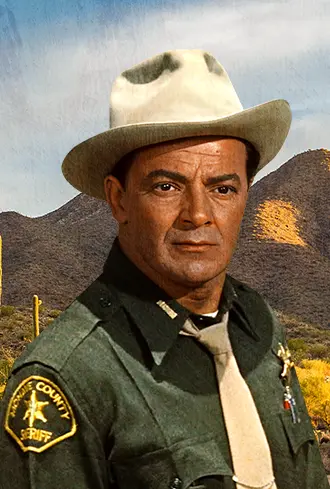

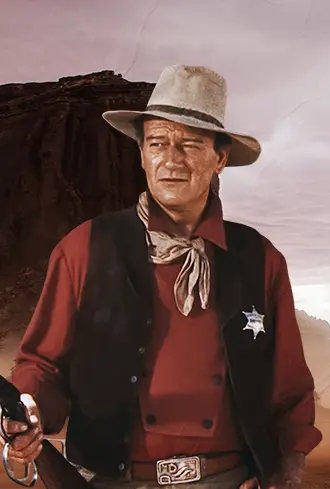


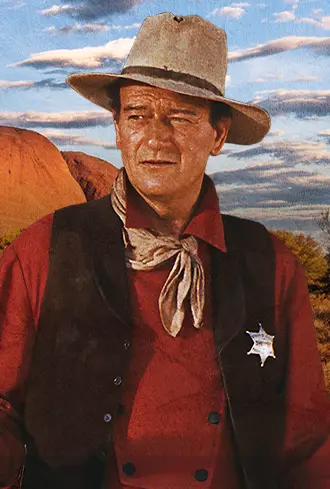


 The First Black U.S. Marshal
The First Black U.S. Marshal


